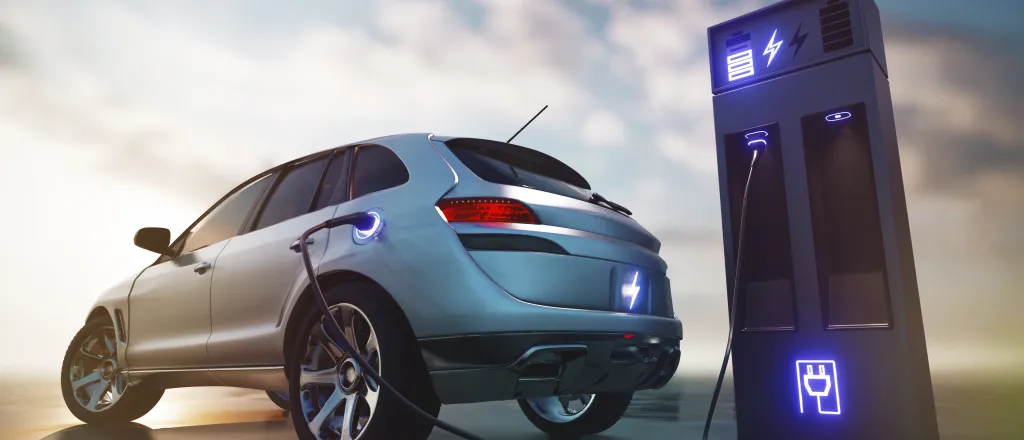
Kansas manufacturer: Ending EV tax credits would hurt U.S. competition
Click play to listen to this article.
President Donald Trump's budget bill took another step forward Tuesday by passing in the U.S. Senate.
The bill would end some tax credits one Kansas manufacturer said are vital to American competitiveness abroad.
Kurt Neutgens, cofounder and president of Kansas City-based Orange EV, which manufactures electric yard hostlers, chargers and battery storage systems, explained his industrial customers use a $40,000 tax credit to help purchase his all-electric yard hostlers for loading and unloading cargo.

Senate Republicans voted to cut the tax credit by September. Neutgens pointed out EV manufacturers, and renewable energy companies in general, frequently compete with Chinese manufacturers, which are subsidized by the government.
"If we don't support clean energy, from materials to manufacturing to assembly to even clean energy products all the way up to vehicles, in this bill then we are really handing dominance to China for all of that," Neutgens asserted.
Policies like the EV tax credits from President Joe Biden's Inflation Reduction Act have been in the Trump administration's crosshairs. Republican lawmakers have argued market competition should be the driving force on which vehicles -- electric or gas -- people drive.
Neutgens, who employs more than 300 people, said tax credits help the electric vehicle manufacturers increase their volume, which will allow them to compete with China.
"We need these incentives to be able to get ourselves to a level where we have enough volume so that we can compete," Neutgens emphasized. "Even though they're getting government subsidies."
A study by Princeton University found if electric vehicle tax credits are cut and clean air regulations for vehicles are curtailed, EV sales could drop up to 40 percent by 2030, compared to what they'd be if the Biden-era policies continued.

















